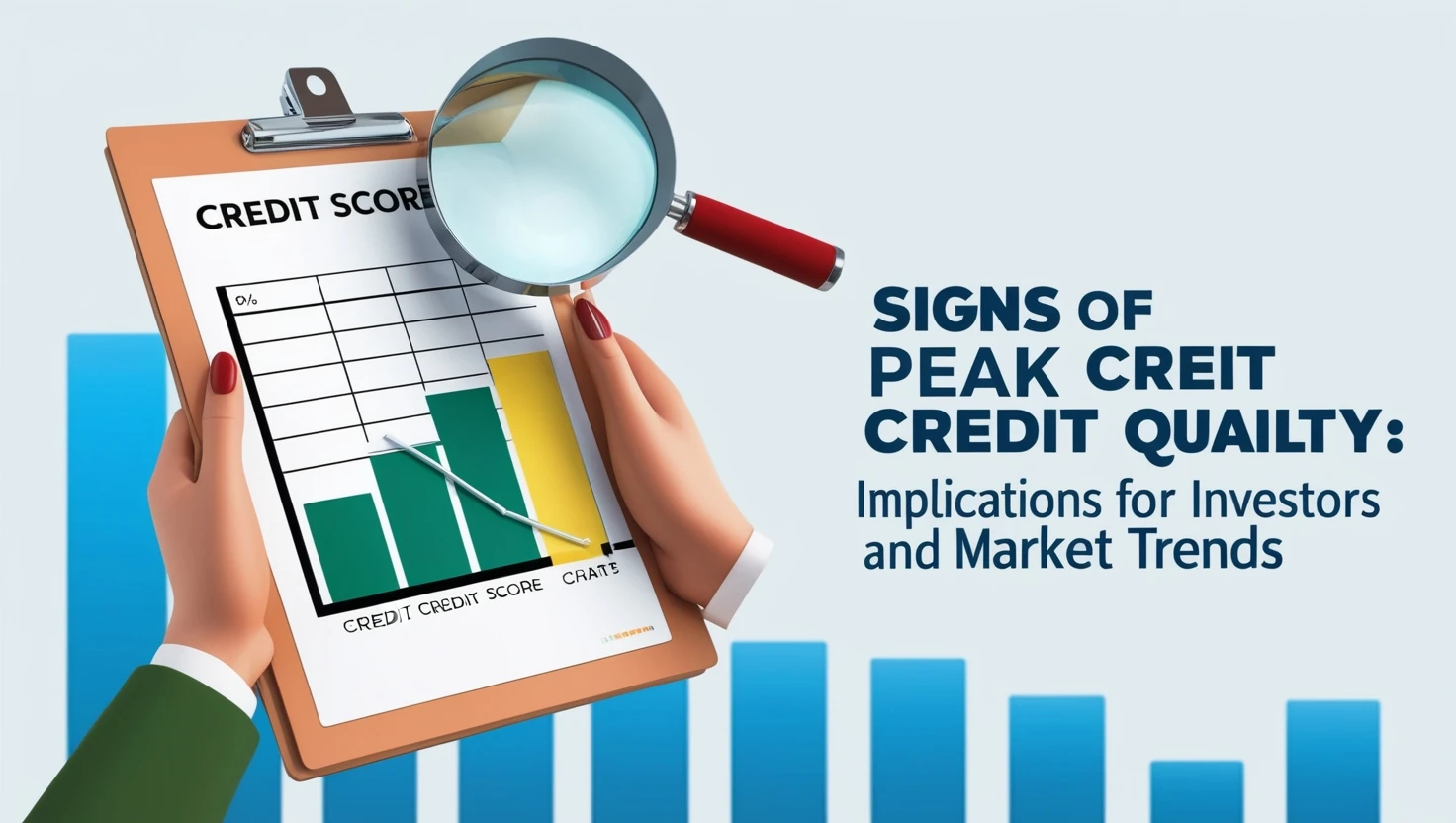In 2022, following the Federal Reserve’s rapid interest rate hikes, many prominent U.S. companies promised to reduce their debt. However, that trend appears to be reversing.
Recent data reveals that companies with BBB credit ratings have increased their share buybacks for the first time since early 2023 and have stepped up their capital spending, reversing a five-quarter slowdown. This trend is accompanied by a rise in dividend payouts, signaling a shift towards prioritizing shareholders over bondholders. Meanwhile, interest expenses are growing faster than earnings for many companies.
Barclays analysts, including Dominique Toublan and Bradford Elliott, pointed out that while there’s no immediate sign of distress, the corporate credit cycle may have already peaked. Weaker investment-grade firms are moving away from maintaining a prudent balance sheet, choosing instead to increase shareholder returns and ramp up capital expenditures.
Despite these shifts, corporate bonds have seen strong demand throughout the year, pushing their valuations to near-record levels, with spreads on investment-grade bonds tightening to their lowest since the 1990s. This market activity suggests a disconnect between current bond pricing and underlying credit fundamentals.
This doesn’t necessarily point to an impending market collapse, as corporate earnings remain robust. For companies facing the risk of downgrades to lower credit ratings (like A- and BBB-), many have already started cutting debt. For corporate bonds to weaken further, financial conditions would need to deteriorate significantly, and demand for these bonds would need to drop sharply.
Seamus Ryan, director of credit research at GW&K Investment Management, explained that a major market correction would require a clear catalyst. Meanwhile, Torsten Slok, chief economist at Apollo Global Management, believes that credit fundamentals are still strong, and yield levels are likely to continue attracting investors. However, with valuations already high, investors might prefer more liquid corporate bonds or less liquid private credit.
A key driver of rising capital expenditures is the surge in investment in artificial intelligence (AI), particularly by utility and energy companies, many of which have BBB ratings. Another factor contributing to weakened balance sheets may be an anticipated increase in mergers and acquisitions, which could elevate corporate leverage, driven by potential shifts in U.S. business policies under President Donald Trump’s agenda. Barclays analysts noted that signs of renewed corporate activity are already visible and expect these trends to gain momentum in 2025.



